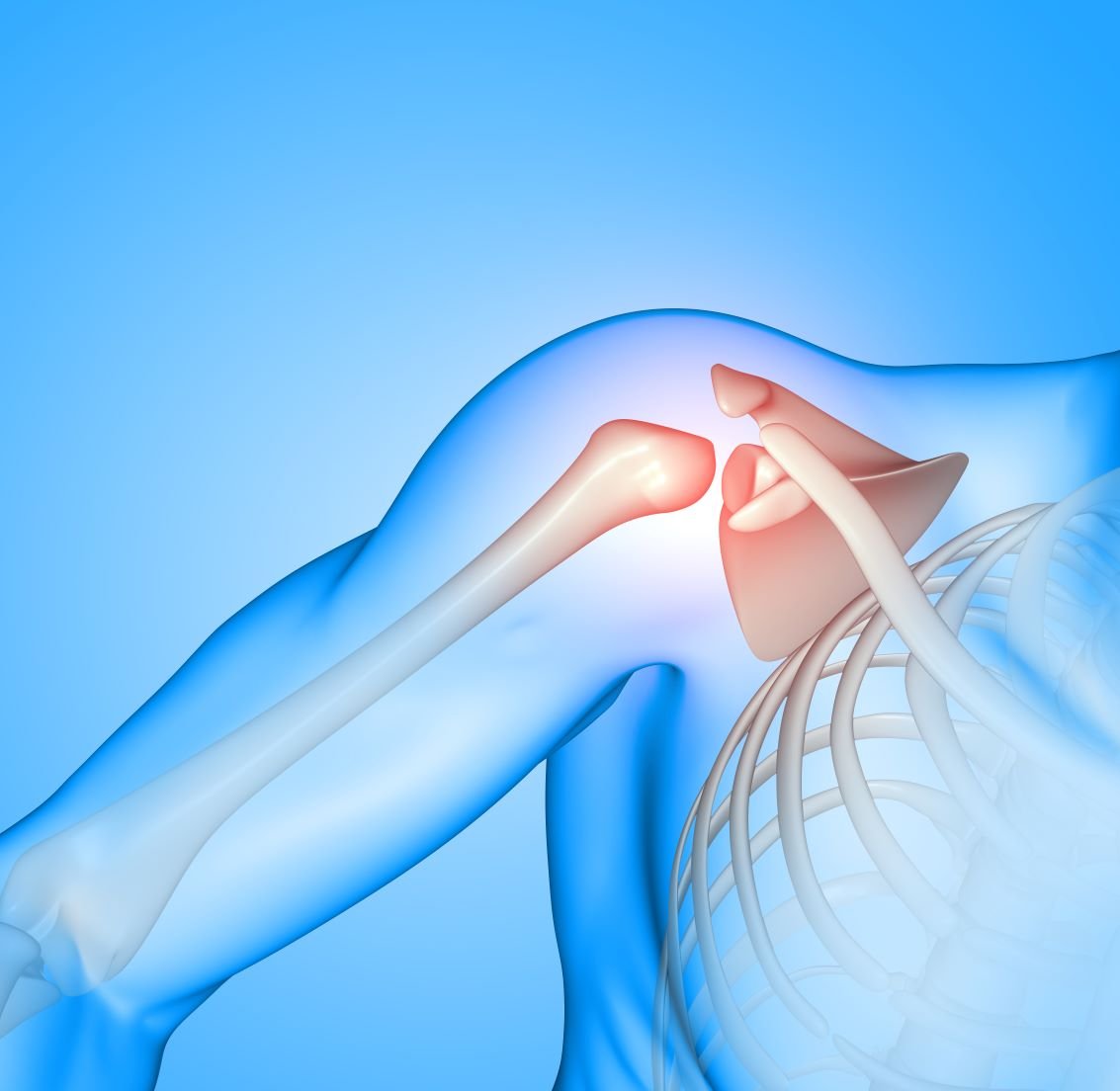
Shoulder Replacement
Shoulder replacement, also known as shoulder arthroplasty, is a surgical procedure in which the damaged parts of the shoulder joint are removed and replaced with artificial components, typically made of metal and plastic. This procedure is often recommended for individuals who have severe shoulder pain and loss of function due to conditions such as osteoarthritis, rheumatoid arthritis, or a traumatic injury.
The shoulder is a complex ball-and-socket joint that allows for a wide range of motion, but this flexibility also makes it susceptible to wear and tear over time. When the cartilage that cushions the bones in the shoulder joint deteriorates, it can lead to pain, stiffness, and decreased mobility. In some cases, conservative treatments such as physical therapy, medication, or injections may not provide sufficient relief, and surgery becomes necessary.
During a shoulder replacement procedure, the surgeon makes an incision to access the shoulder joint. The damaged parts of the joint, including the head of the humerus (upper arm bone) and the glenoid (socket), are then removed. The surgeon then implants prosthetic components to replace the damaged parts of the joint. These components may include a metal ball attached to a stem that is inserted into the upper arm bone and a plastic socket that is implanted into the shoulder socket.
There are different types of shoulder replacement procedures, including total shoulder replacement, where both the ball and socket are replaced, and partial shoulder replacement, where only the ball is replaced. The choice of procedure depends on the extent of the damage and the individual patient's needs.
Recovery from shoulder replacement surgery can vary depending on factors such as the patient's overall health, the extent of the surgery, and adherence to post-operative rehabilitation protocols. Physical therapy is typically an essential component of recovery, helping to restore strength, flexibility, and range of motion in the shoulder joint.
While shoulder replacement surgery can provide significant pain relief and improve function for many patients, it is not without risks. Complications such as infection, nerve injury, implant loosening, or dislocation of the joint can occur, although they are relatively rare. It's essential for patients to discuss the potential risks and benefits of shoulder replacement surgery with their healthcare provider to determine if it is the right treatment option for them.




